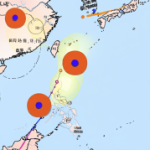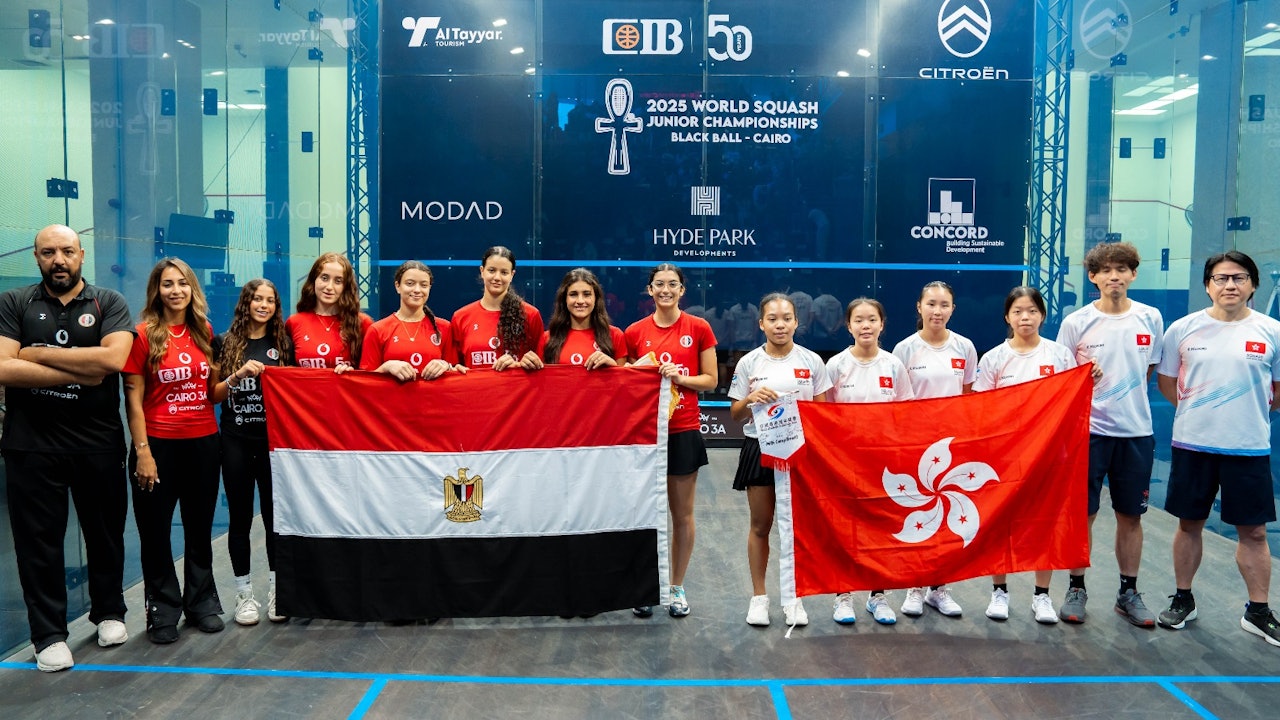The user wants a detailed analysis and professional report (over 1000 words) in Traditional Chinese, based on the provided title “英超|奇雲迪布尼一箭定江山 曼城1:0小勝狼隊 暫升上第三位”.
The report should be:
– In-depth, professional, and detailed.
– Over 1000 words.
– In Traditional Chinese.
– Engaging, avoiding jargon and dullness, and creative.
– Structured with an engaging introduction, clear subheadings for logical progression in the body, and a strong, memorable conclusion.
– Incorporate factual details from the source (the provided title implies facts about a specific match).
– Output in Markdown format.
– No main title at the beginning.
– No English words.
– No sources or references at the end.
– Directly provide the answer without greetings or introductory phrases.
Based on the title, the core information is:
– Match: Premier League (英超)
– Teams: Manchester City (曼城) vs Wolverhampton Wanderers (狼隊)
– Result: Manchester City won 1-0.
– Goal Scorer: Kevin De Bruyne (奇雲迪布尼) scored the winning goal (一箭定江山).
– League Standing Impact: Manchester City temporarily moved up to third place (暫升上第三位).
To write a 1000+ word analysis, I need to expand on these points. I will need to discuss:
Since the user requires incorporating “原文資料與事實” (original source material and facts), and the only “source material” is the title itself, I must use the facts *stated in the title* as the foundation and build the analysis around them. I will also need to generate search queries to get more details about *this specific match* to meet the word count and content requirements, assuming this match actually happened and is searchable.
Search queries will focus on finding details about a Manchester City vs Wolves match where KDB scored the only goal and City won 1-0, leading to them temporarily going third.
Let’s assume the match mentioned is a real past event. I will search for “曼城 狼隊 迪布尼 1:0 英超”, “Manchester City Wolves 1-0 De Bruyne Premier League”, “曼城 英超 暫列第三”.
After getting search results, I will weave the details into the structure outlined above, ensuring I maintain the required tone, format, and language. I must hit the word count and structure requirements strictly.
Plan:
Let’s start by generating the search queries.











